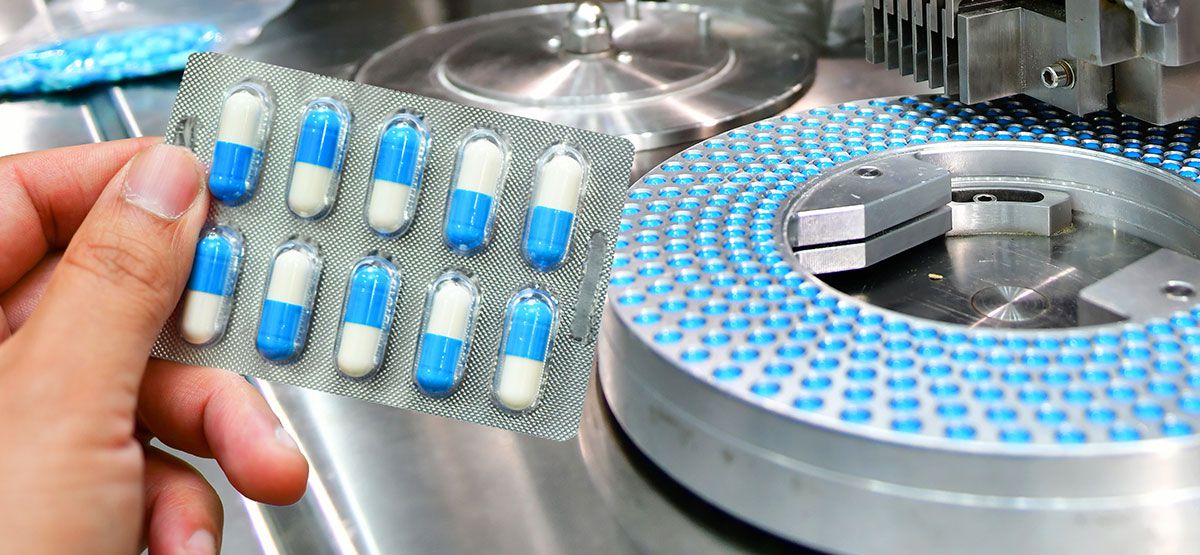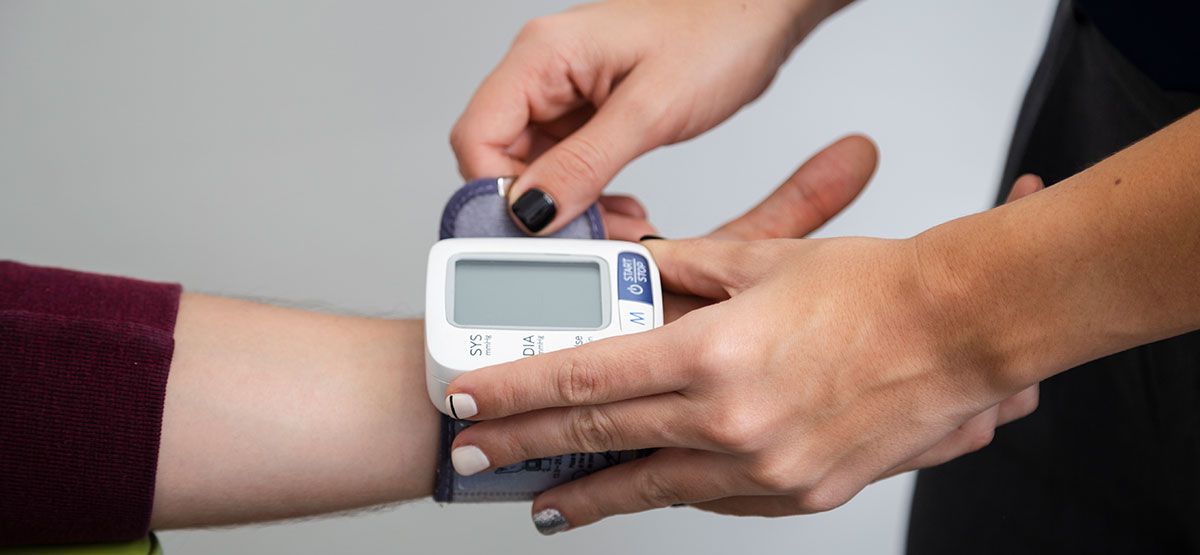
Singapore UDI Phase – 1 Implementation
The Health Sciences Authority of Singapore will implement the UDI system, a global system for tracking and identifying medical devices. The core components of Singapore’s UDI system are in accordance with the internationally harmonized criteria outlined by the International Medical Device Regulators Forum (IMDRF). This system aims to enhance the traceability of registered medical device by
- Enabling quick identification of equipment affected by field safety corrective actions, failures, recalls, and major adverse events
- Using distribution records to support the identification of medical device
- Reducing medical errors
- Facilitating medical device data capture
| Phase | Category of devices | Compliance Date |
|---|---|---|
| 1 | All Coronary stents, orthopedic joint replacement implants and Intraocular lens | 1 Nov 2022 |
| 2 | All Class D General medical devices and IVDs | 1 Nov 2024 |
| 3 | All Class C General medical devices and IVDs | 1 Nov 2026 |
| 4 | All Class B General medical devices and IVDs | 1 Nov 2028 |
Note:
- All class B, C or D medical devices including in vitro diagnostics (IVDs) are required to be registered with HSA on the SMDR (Singapore Medical Device Register) prior to their placement on the Singapore market.
- UDI implementation for all Class A General medical devices and IVDs may be done on a voluntary basis. The Class A medical devices are required to be listed on the Class A medical device database.
- UDIs will not be required for medical devices for clinical research, investigational testing or clinical trial and custom-made medical devices.
- Medical devices authorised for supply via Special Access Routes (GN26, GN27, GN29) are required to comply with UDI requirement on a risk-calibrated approach.
Unless otherwise stated, medical devices that are delivered in Singapore after the relevant compliance date based on the risk class are required to comply with the UDI requirement.
Transitional period to meet each implementation phase’s requirements
As of the relevant UDI compliance dates, all medical devices imported into Singapore must bear the UDI on the label. Companies will, however, have a further six months after the compliance date to deplete any medical devices that they may have imported before the compliance date and that are still in their current supply chain. For instance, starting on November 1, 2022, all medical equipment imported into Singapore must comply with the UDI requirements. Before 1 May 2023, all local inventories of these medical devices that were previously imported before 1 November 2022 should be delivered. All medical device dealers such as registrants, importers, wholesalers and manufacturers of phase 1 must be UDI compliant as of May 1, 2023.
Considerations for Singapore registrants already compliant to US, EU UDI rules
For medical devices marketed in the EU or the USA, UDIs used on the labels for those markets will be recognized as-is for a similar labeled use in Singapore.
Product owners should contact the issuing agency chosen by HSA Singapore, to activate UDI on any devices that are not sold in the EU or the USA.
How DDi will help
- DDi provides support in establishing a UDI strategy for the entire product line that complies with Singapore UDI requirements.
- DDi ensures 100% UDI approach for full suite of products and regulatory compliance.
Learn more about UDI strategy and ensuring regulatory compliance.
Get the latest updates from DDi
Explore Topics
- Automation & AI (12)
- Clinical Automation (9)
- Consumer Health (1)
- IRT & Clinical Supplies (23)
- Labeling (16)
- Regulations (26)
- Regulatory Automation (14)
- Regulatory Biopharma (3)
- Regulatory Content Management (5)
- Regulatory Information Management (23)
- UDI (11)
- Writing (12)
Recent Blogs
 Usability: Enhancing Global eI…Regulations
Usability: Enhancing Global eI…Regulations Technical Documentation for De…Automation & AI
Technical Documentation for De…Automation & AI Clinical Supplies Forecasting …IRT & Clinical Supplies
Clinical Supplies Forecasting …IRT & Clinical Supplies
Previous Post
Next Post
Related Posts
CONNECT WITH US

Let's talk about how DDi can help you


